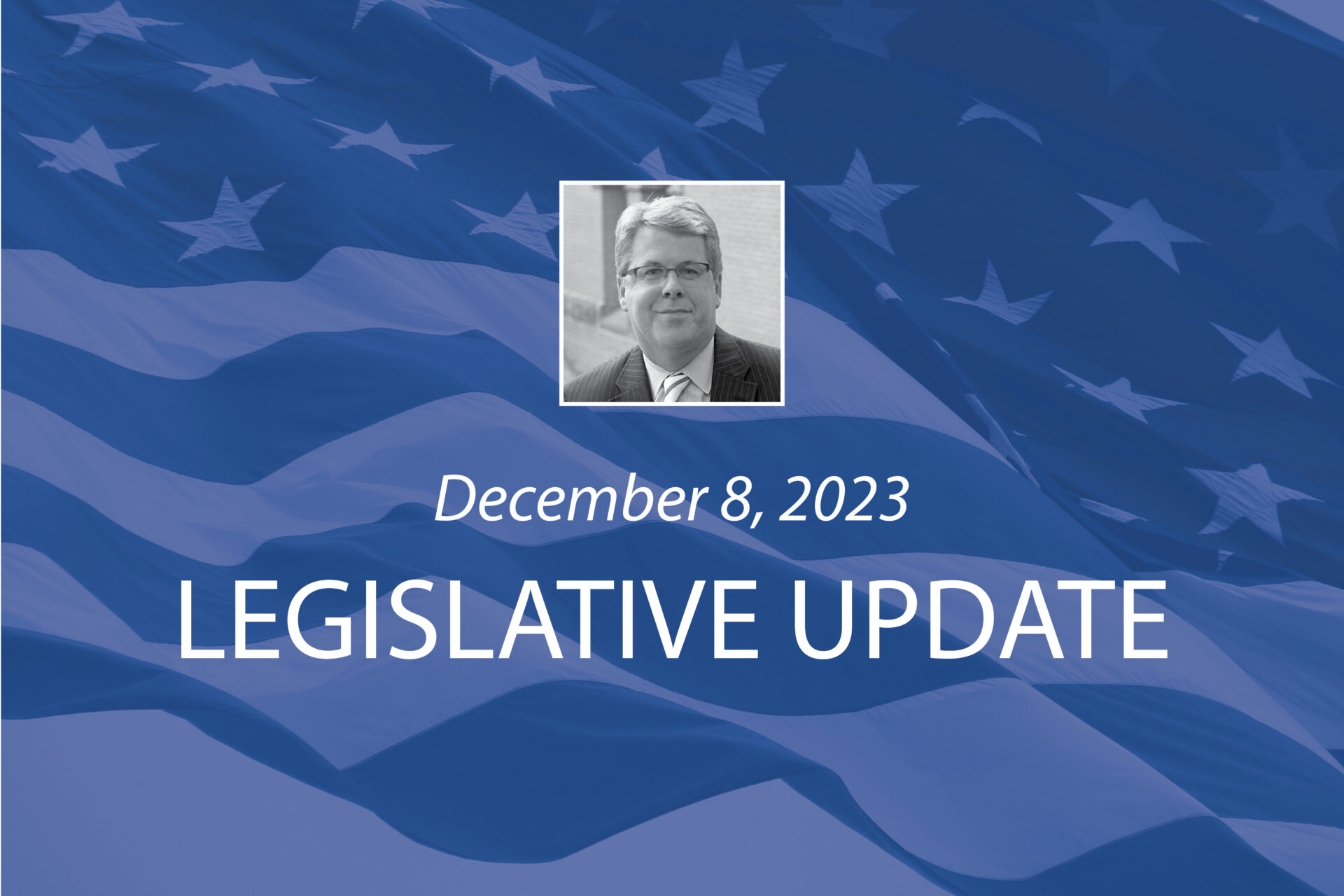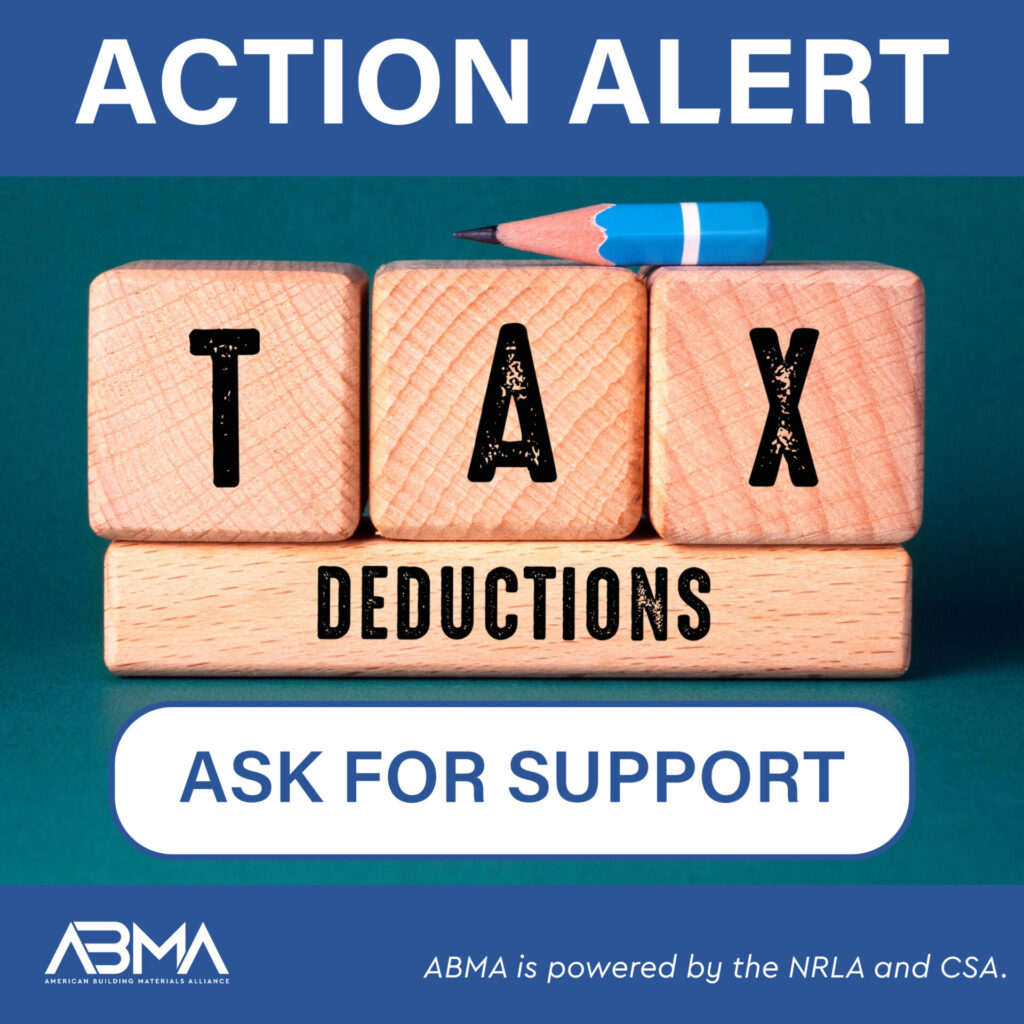Workforce Development
This week, House Republican Conference Chair Elise Stefanik (R-NY), Education and the Workforce Committee Ranking Member Bobby Scott (D-VA), Education and the Workforce Committee Chairwoman Virginia Foxx (R-NC), and Health, Employment, Labor, and Pensions Subcommittee Ranking Member Mark DeSaulnier (D-CA) introduced H.R. 6585, the Bipartisan Workforce Pell Act. The legislation provides opportunities for students and workers looking to gain skills in high-demand fields by allowing Pell Grants to support students enrolled in high-quality, short-term workforce programs that will lead to career advancement.
Specifically, the bill authorizes the Department of Education to award Workforce Pell Grants beginning on July 1, 2025, for the 2025-2026 award year. An eligible student for a Workforce Pell Grant must be enrolled in an eligible workforce program, may not have attained a postgraduate degree and must otherwise meet the eligibility criteria to receive a Pell Grant.
In terms of program eligibility to qualify for these grants, workforce programs would have to be at least 150 clock hours of instruction (or an equivalent number of credit hours), but less than 600 clock hours of instruction and offered during a minimum of eight weeks, but less than 15 weeks. Also, a state workforce board must first determine if a program provides education aligned with high-skill, high-wage, or in-demand industry sectors or occupations, meets the hiring requirements of potential in-demand industry or sector employers and satisfies any applicable educational prerequisite requirement for professional licensure or certification in the state or states in which the program is offered.
The bill authorizes $40 million for Fiscal Year 2025 to support this program, and $30 million each subsequent year through FY 2029.
This legislation is promising in that it has bipartisan support from members of the committee that authorizes and oversees workforce development. ABMA will be advocating for this and other workforce development measures as reauthorization of the Workforce Innovation and Opportunity Act takes shape.
Tax Extenders Hearing
The House Ways & Means Committee’s Tax Subcommittee held a hearing on Wednesday to highlight the importance of the Tax Cuts and Jobs Act’s business tax benefits and the need to extend them. Subcommittee Chairman Rep. Mike Kelly (R-PA) noted in his opening remarks not only the importance of acting on tax extensions now, but looming tax deadlines, particularly in 2025 when the Sec. 199A deduction is set to expire. Recall, this is the 20 percent deduction for qualified business income (QBI) for S-Corporations and other pass-through tax structures. ABMA has been advocating aggressively for retroactive extension of the 100 percent bonus depreciation tax benefit, as well as retroactive renewal of the research and development tax credit. We will expand our focus next year on extending Sec. 199A as well.
Rural Forest Markets Act (RFMA)
This week, Senators Bob Casey (D-PA), Debbie Stabenow(D-MI) and Mike Braun (R-IN) introduced the Rural Forest Markets Act, legislation that would provide federal government incentives for private landowners to participate in voluntary carbon markets. Increasingly, forest landowners are looking to boost their return on investment by selling carbon sequestration credits generated from their managed forests to companies looking to offset carbon emissions or otherwise improve their carbon profile. The costs involved in ramping up to participate in these programs can be prohibitive for smaller landowners and this bill seeks to break down cost barriers to entry.
While well intentioned, the legislation has stirred concern among those in the forest products value chain that worry about what the long-term effects of widescale participation in these markets will have on wood fiber availability. These programs typically require landowners to commit to longer harvesting rotation cycles on their timberland holdings. If enough landowners within a 50-mile radius of a sawmill postpone timber harvests by ten to fifteen years, it could put that sawmill in jeopardy of running out of raw material to make building products. Some more drastic modeling creates scenarios where forest landowners forgo harvesting altogether and rely on carbon credits for their income.
This bill is unlikely to pass, but with Senate Agriculture Committee Chairwoman Stabenow as a cosponsor, there may be efforts to fold this bill into the upcoming Farm Bill reauthorization. House Agriculture Committee Chairman Glenn Thompson (R-PA) has serious concerns with the bill (RFMA) and would likely oppose its inclusion in any Farm Bill rewrite, but ABMA is monitoring developments closely.





